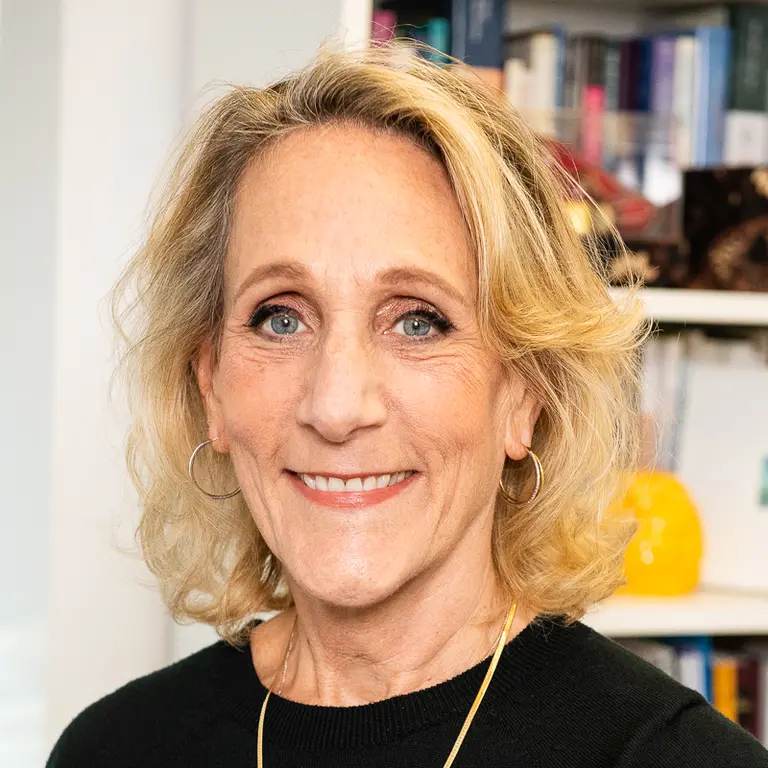The streets were erupting in protests after police killed George Floyd on May 25th. After years of racial injustice with too many African-Americans killed by police and almost three months of lockdown due to the COVID-19 pandemic, people of many ages, races and ethnicities were in the streets all united behind the belief that something has to change.
The Negotiation and Conflict Resolution (NECR) program community was grieving these losses and individually watching and participating in the mostly peaceful protests. We knew as a program that we needed to do something to speak to the moment and we wondered what we could do that would best represent who we are and what we bring to the conversation? We have learned skills to listen deeply with empathy, to engage in dialogue that respects all opinions, to create a space of healing our community desperately needs, and to make sense of the world surrounding us.
As leaders of the program we knew we did not have THE answers. Instead, we believed our community of students, alumni, and faculty all shared a common foundation of understanding conflict, implicit and explicit bias, and what it would take to create a just and peaceful world. So we opened up a dialogue space on Zoom where we could come together and share the stories of our personal experiences, the social stories we have witnessed, and to be open to hearing all voices.
We set as our highest order of priority that the space would welcome all voices in our community and be received with interest, curiosity, and empathy, so that all would feel safe to contribute."
We applied one of the models and concepts we use from CMM (Coordinated Management of Meaning) to frame what was important about the dialogues and how we wanted to conduct them. We set as our highest order of priority that the space would welcome all voices in our community and be received with interest, curiosity, and empathy, so that all would feel safe to contribute. If we set that intention then it would follow that the way we act into that situation would be to support each other in creating that space. This meant we trusted each other and that our behavior would elicit similar behaviors in others.
The first week we held two, two-hour sessions and people told moving personal stories of discrimination and bias. We listened and stayed with the pain they expressed without any pressure to rush to solution. We intentionally did not want to generate action steps because we felt that first, it would be disrespectful because we would be minimizing their experiences and implying the solutions were that easy. We knew better and with the depth of emotion expressed and the world around us imploding, we did not have any solutions available to us in those moments.
The NECR program population is very diverse and there were many non-US citizens who did not fully comprehend the racial history of this country. When the occasion arose, several people at different points explained parts of the complicated history, especially how racial tensions were here since its founding. Out of these conversations and interest and with all of us collectively pooling our knowledge and trying to make sense of why the US is in the situation it is in now, a project emerged. What if we applied the tools we were teaching and using in our work, to systemically map the dynamics of US racial history to better understand it in all its complexity?
And so the working group was born, with students, alumni and faculty. We are still in the preliminary framing stage and collecting resources to establish a foundation of shared knowledge. We anticipate this taking us through the academic year, but stay tuned for an update in December when we will share our progress thus far.
The views expressed are those of the author and do not necessarily represent the views of any other person or entity.
